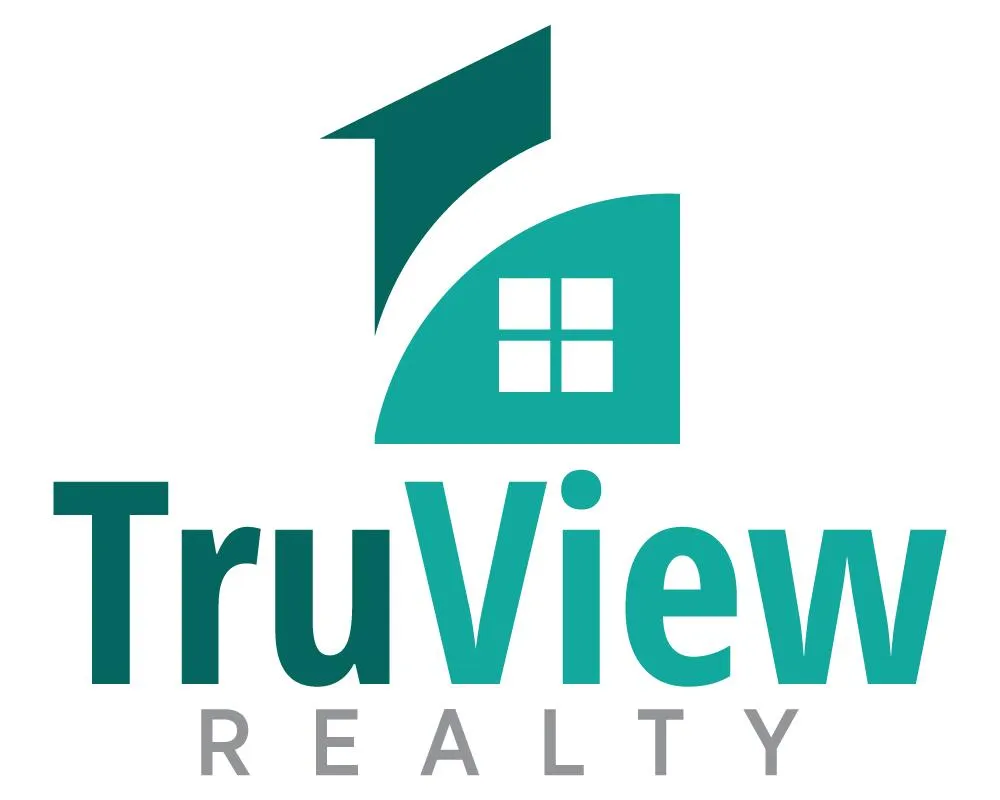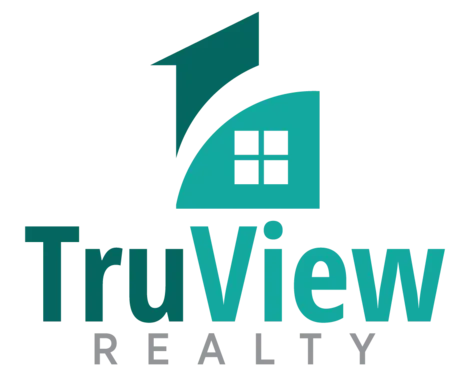Selling A Property? Here's How To Add Value!
Which items will add value to your home and help with resale when the time comes to sell? The answer is: “The ones that future buyers also want and are willing to pay for.”
So which updates will add the most value to your home?
Updates that increase usable space. An extra bathroom, larger and/or upgraded kitchen, master bedroom suite, more closet space, conversion of unused space to a home office.
Updates that will lighten and brighten your rooms. White or light color paint and floor coverings, light woods, skylights, larger windows, French doors.
Updates that will increase privacy and security. Things like fencing and landscaping.
As always, if you have any questions about the home selling process, please call, text, or email us today!
Search All Listings
Homes For Sale
Contact information



Privacy Policy and Terms of Use - Fair Housing - Accessibility
